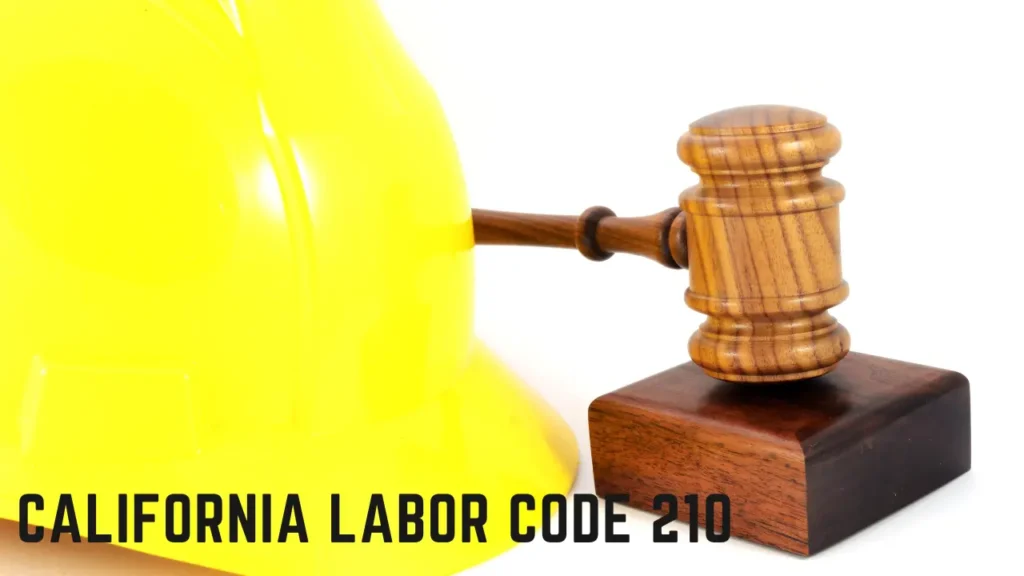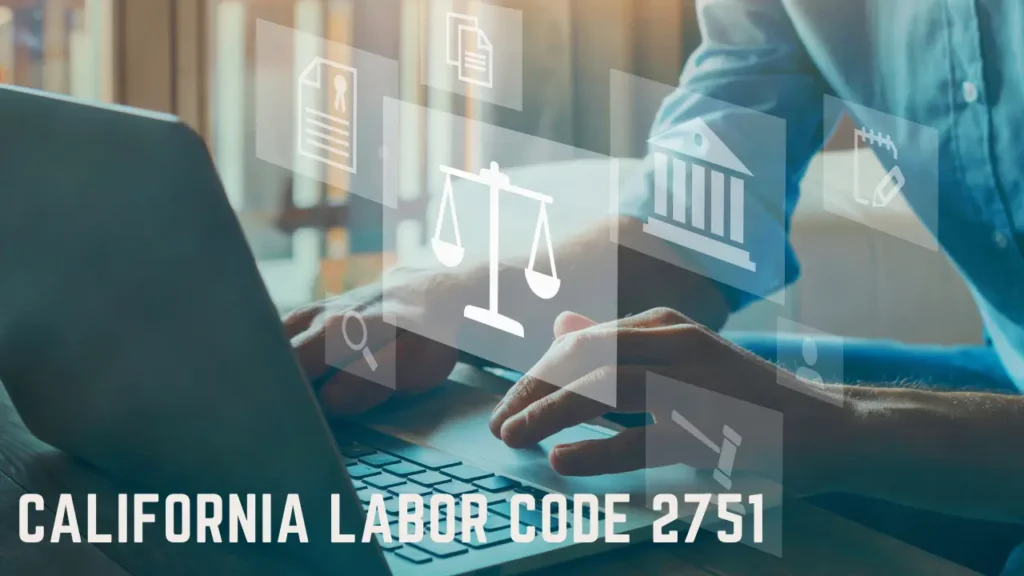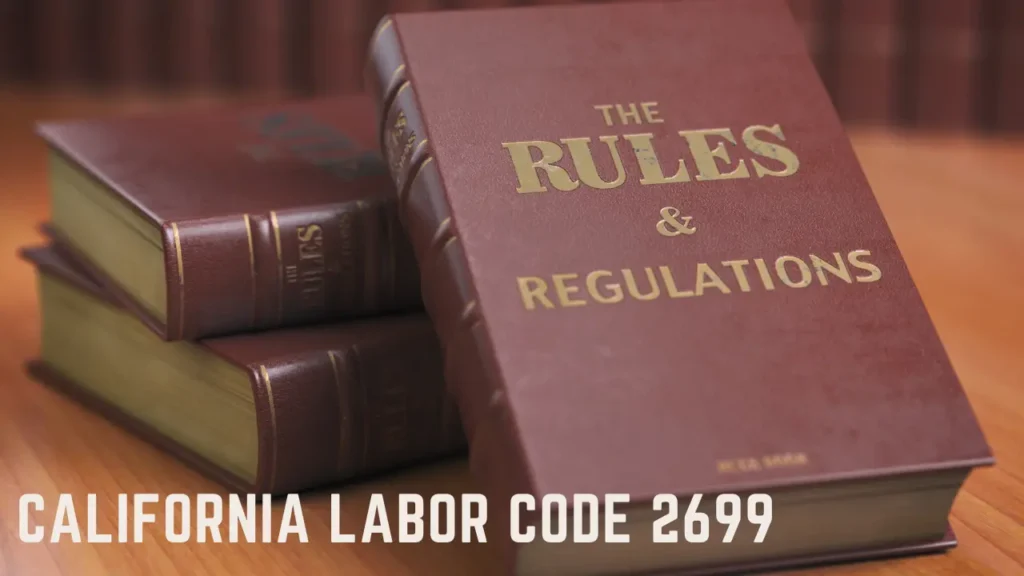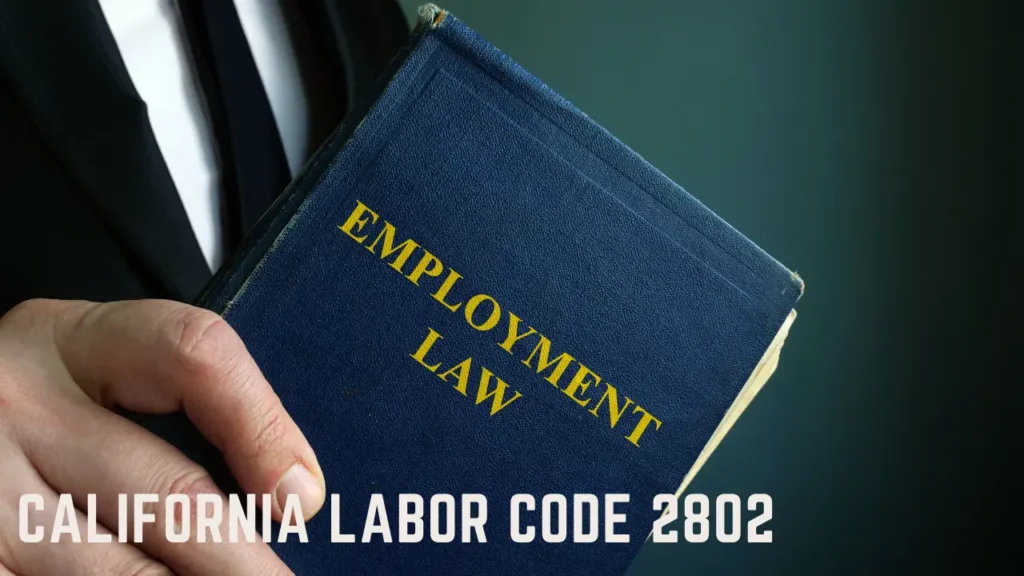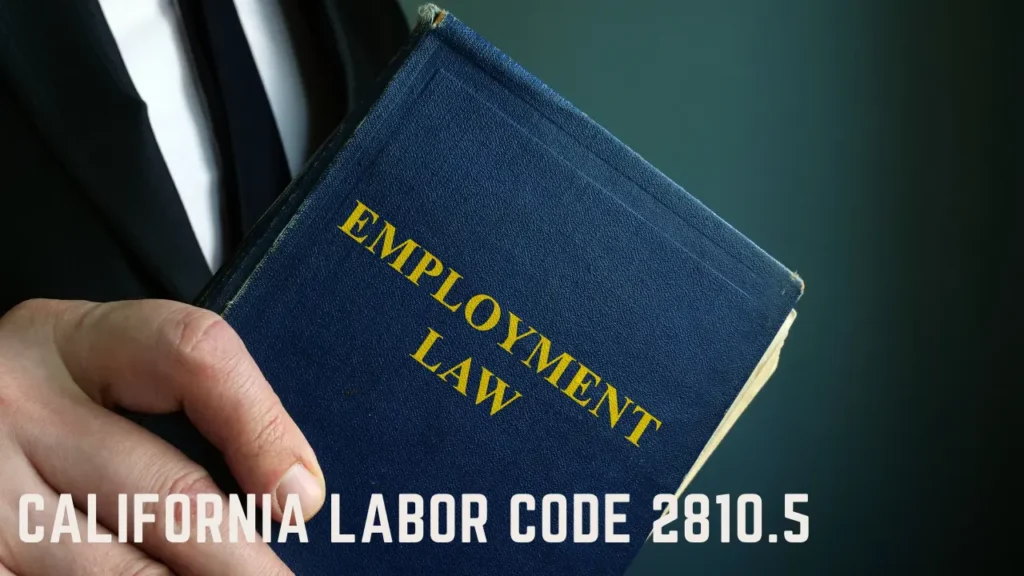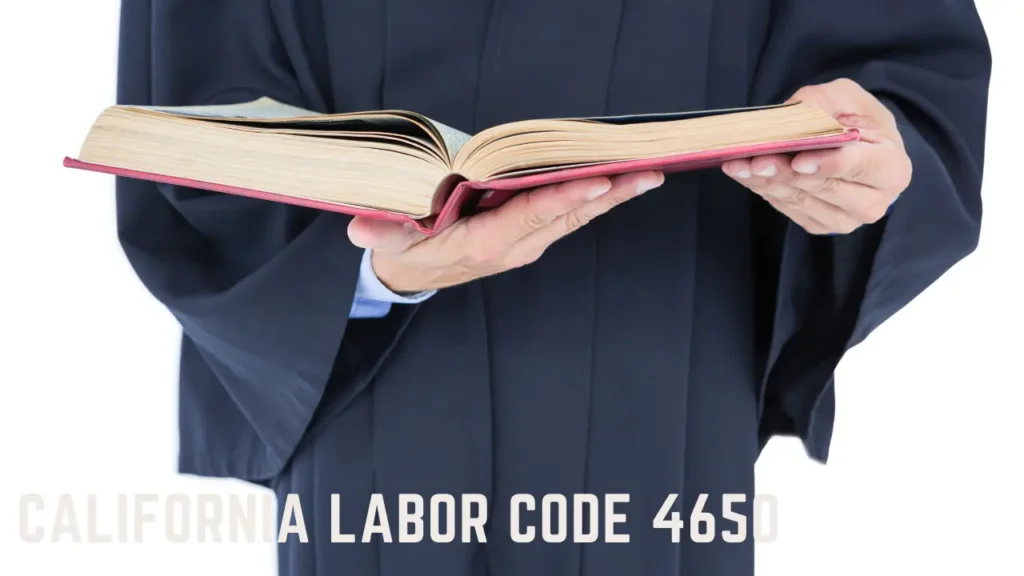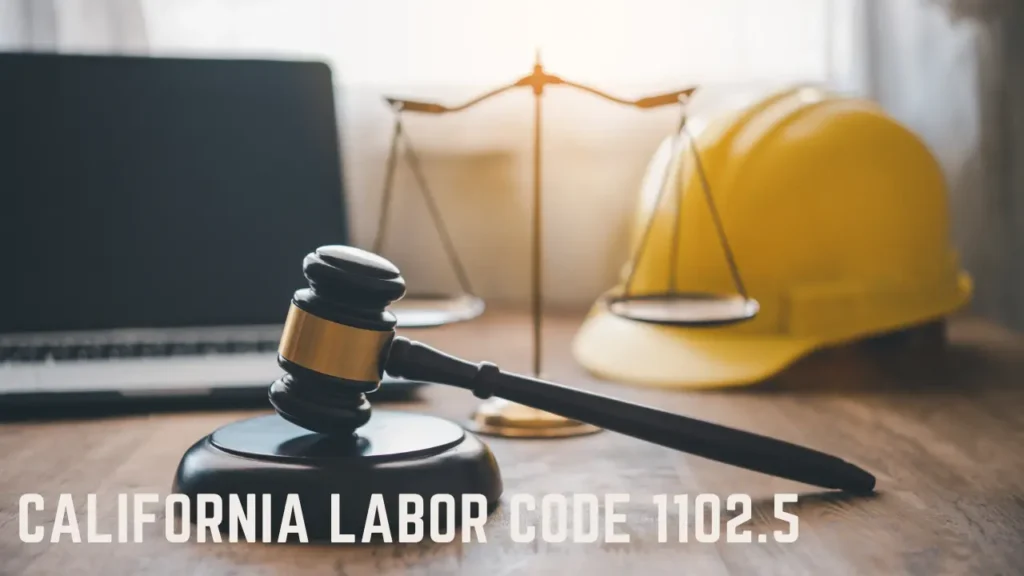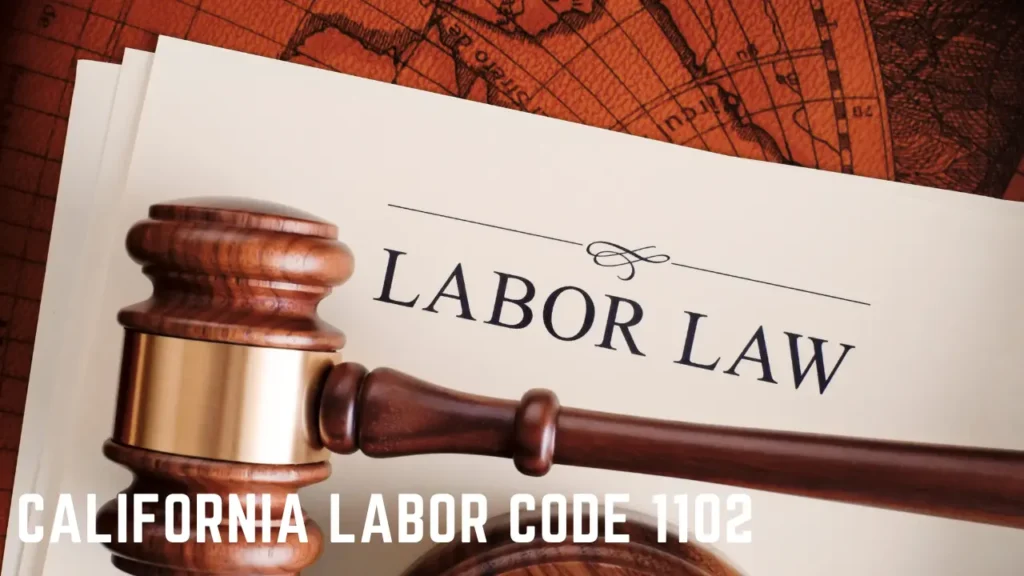Table of Contents
ToggleThis discussion presents a comprehensive exploration of four critical facets of these rights, including employer surveillance, background checks, the ‘Ban-the-Box’ laws, and valuable resources for further information.
By providing detailed insights into these areas, this discourse serves as a navigation tool through the labyrinth of legalities surrounding employee privacy rights.
The quest for a balance between employers’ need for information and employees’ right to privacy continues, and this exploration serves as a stepping stone toward achieving this equilibrium.
Employer Monitoring and Surveillance
In the context of employer monitoring and surveillance in California, employers have the legal right to monitor certain aspects of their employees’ workplace activities, subject to certain limitations and conditions. This includes monitoring of business phone calls, computer use, emails, electronic communications, and voicemail messages on company-owned devices. Employers may also access text messages on company-owned cell phones and are allowed to monitor company-related social media accounts. However, they are prohibited from requesting personal social media account credentials.
Surveillance extends to the use of video recordings for security purposes, provided employees are notified beforehand. It’s important to note that secret, unauthorized recording of private and confidential conversations is illegal, reinforcing the balance California law maintains between business interests and employee privacy rights.
Employee Privacy Rights: Background Check Rules
Moving from surveillance to pre-employment procedures, background checks serve as a critical tool for employers in California to ensure the security and integrity of the workplace. These checks can include information on past criminal convictions, credit reports, education history, and immigration records. However, there are limitations; reasons for leaving previous jobs or interpersonal relationships with colleagues typically aren’t included. Medical records are strictly protected by confidentiality laws.
Furthermore, California’s ‘Ban the Box’ law prohibits employers from inquiring about criminal history before a conditional job offer is made. It also mandates an individualized assessment of any offenses, considering the nature of the job and the time passed since the offense. Violating these rules can lead to wrongful termination claims.
Understanding Ban the Box Laws
To comprehend the implications of California’s ‘Ban the Box’ laws, it is crucial to delve deeper into its provisions and the effects it has on both prospective employees and employers.
This law prohibits employers from inquiring about a candidate’s criminal history prior to making a conditional job offer. Once an offer has been made, employers are required to perform an individualized assessment that considers the nature of the offense, the time that has elapsed since the conviction, and the relevance to the job in question.
Employers are prohibited from disqualifying applicants solely based on their criminal history. This law applies to private employers with five or more employees, promoting fairness and reducing discrimination in the hiring process.
Contacting Legal Help and Resources
Navigating through the complexities of employee privacy rights in California may necessitate the assistance of knowledgeable legal experts and resources. In such scenarios, employees can contact legal professionals who are well-versed in California’s privacy laws. These experts can provide guidance on matters such as employer monitoring, surveillance, and background checks.
There are also online resources available such as the California Department of Industrial Relations website, providing extensive information on employee rights. Legal aid societies and non-profit organizations often offer free or low-cost consultations, and many law firms provide initial consultations at no charge.
For detailed issues, retaining a lawyer may be beneficial. Remember, understanding your rights is the first step towards protecting them.
Conclusion
In conclusion, understanding the nuances of employee privacy rights in California is pivotal for maintaining a respectful and lawful workplace.
This entails knowledge about employer monitoring and surveillance, background check regulations, and the Ban the Box laws.
Additionally, awareness of avenues for legal assistance and resources is essential.
A comprehensive understanding of these facets contributes to fostering an environment where the rights of employees are respected and upheld.




